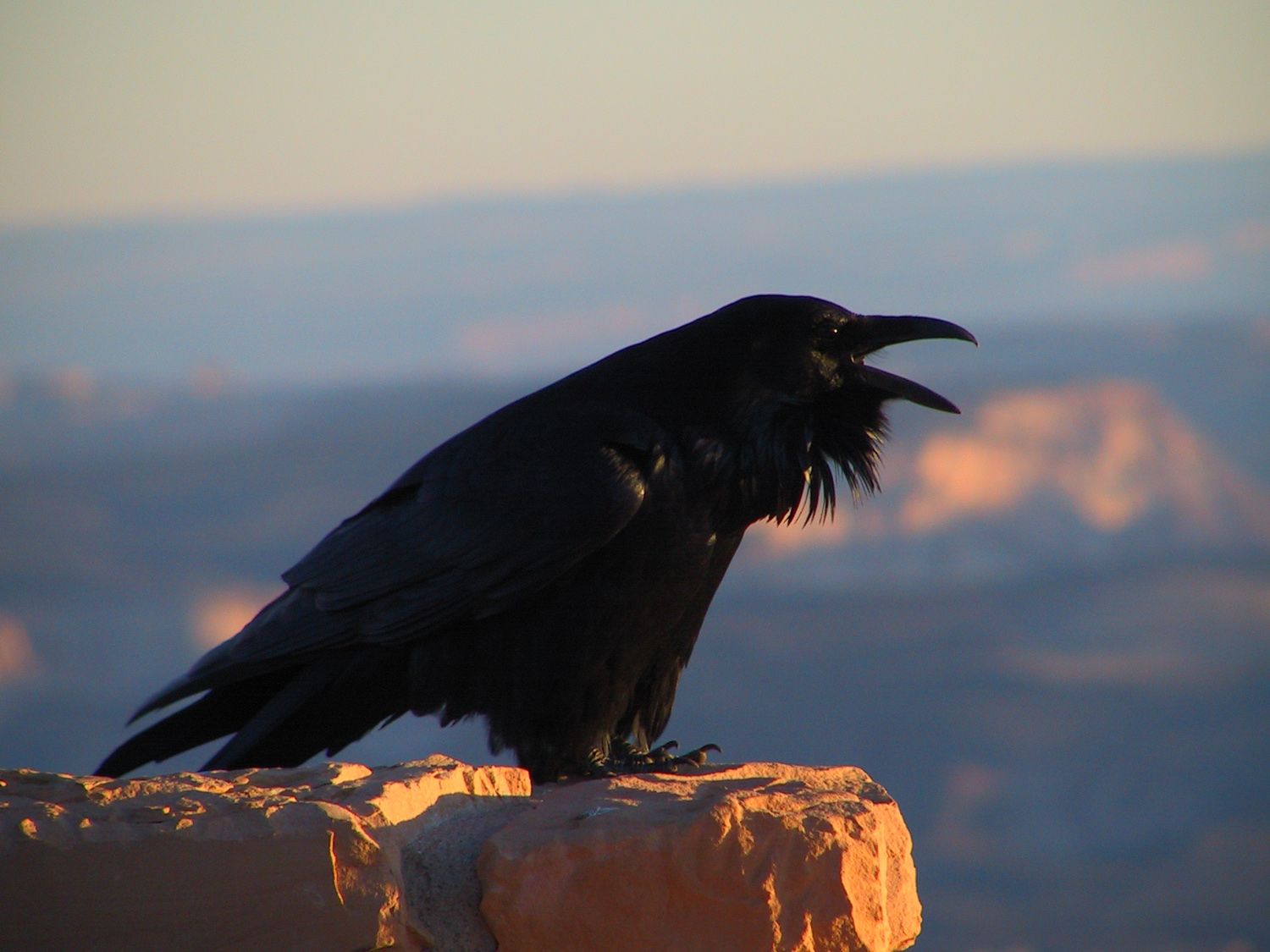User:ThirdDolphin
Appearance
| This is a Wikipedia user page. This is not an encyclopedia article or the talk page for an encyclopedia article. If you find this page on any site other than Wikipedia, you are viewing a mirror site. Be aware that the page may be outdated and that the user whom this page is about may have no personal affiliation with any site other than Wikipedia. The original page is located at https://en.wikipedia.org/wiki/User:ThirdDolphin. |
| This user is not a Wikipedia administrator but would like to be one someday. |
| This user is a participant in WikiProject Classical Greece and Rome. |
| This user is a participant in WikiProject Tree of Life. |
| {{inline}} | This user is a member of WikiProject Inline Templates. |
| This user is a recent changes patroller. |
| en | This user is a native speaker of the English language. |
The ocellated turkey (Meleagris ocellata) is a species of turkey residing primarily in the Yucatán Peninsula, Mexico, as well as in parts of Belize and Guatemala. It is a relative of the North American wild turkey (Meleagris gallopavo), although it is somewhat smaller. The body feathers of both sexes are a mixture of bronze and green iridescent color, with neither sex possessing the beard typically found in wild turkeys. Tail feathers of both sexes are bluish-grey with an eye-shaped, blue-bronze spot near the end with a bright gold tip. These spots, or ocelli (for which the ocellated turkey is named) have been likened to the patterning typically found on peafowl. This ocellated turkey was photographed near Tikal in the Petén region of Guatemala.Photograph credit: Charles J. Sharp
You can help improve the articles listed below! This list updates frequently, so check back here for more tasks to try. (See Wikipedia:Maintenance or the Task Center for further information.)
Fix spelling and grammar
Fix wikilinks
Update with new information
Expand short articles
Check and add references
Fix original research issues
Improve lead sections
Add an image
Translate and clean up
Help counter systemic bias by creating new articles on important women.
Help improve popular pages, especially those of low quality.


